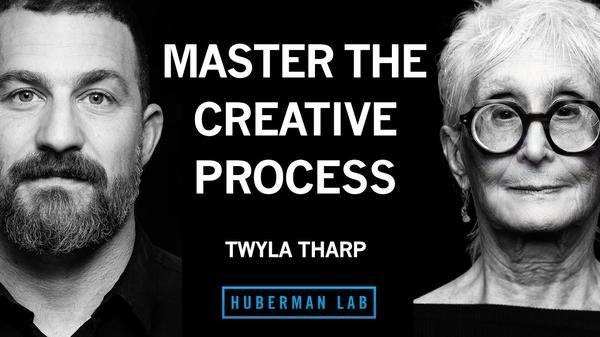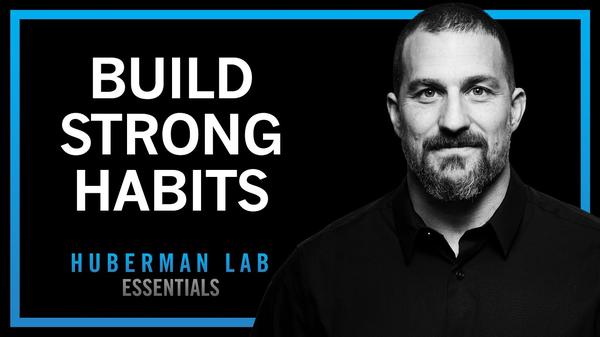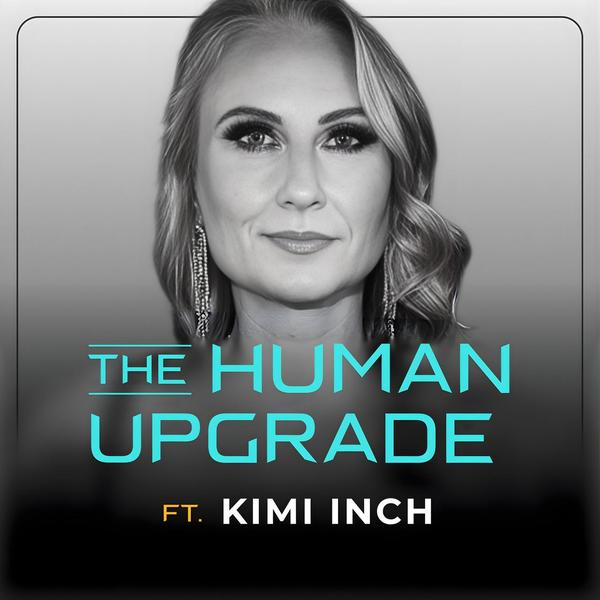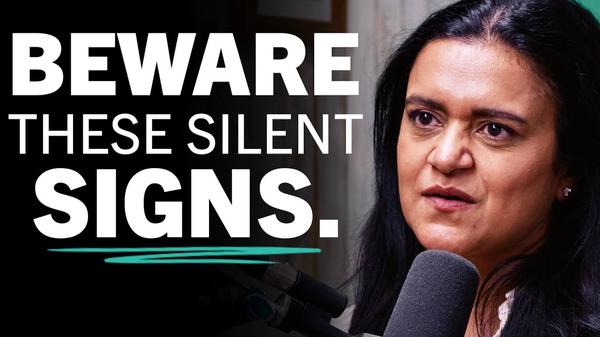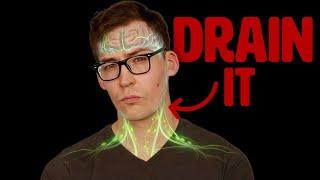
How to Learn Faster by Using Failures, Movement & Balance | Huberman Lab Essentials
Andrew Huberman
Dec 26, 2024
Mindsip insights from this episode:
Leverage frustration to boost learning and growth
Feeling frustrated when attempting new skills is a sign that your brain is ready to adapt. Using frustration as motivation can dramatically enhance your learning and growth.
React to your body's signals to enhance learning engagement
Paying attention to your body's arousal level helps determine how to approach learning. Adjusting your state of alertness may amplify your ability to engage in neuroplasticity.
Identify optimal learning times to enhance effectiveness
Learning is most effective when done at times of high mental acuity, when you feel most alert and focused. Identifying your optimal learning times can enhance your overall learning experience.
Leverage dopamine to enhance motivation and learning
Dopamine plays a critical role in motivation and learning, emphasizing the importance of associating rewards with efforts. Finding joy in the learning process enhances your brain's ability to adapt and grow.
Enhance brain power through balance exercises
Engaging the vestibular system through balance exercises activates brain circuits that underpin learning and memory. Improving balance not only enhances physical stability but also cognitive flexibility.
Take small steps for significant neural adaptations
As we age, learning through smaller, incremental challenges is more effective than tackling big goals. Taking tiny, consistent steps can lead to significant neural adaptations over time.
Embrace mistakes to stimulate brain growth
Making mistakes triggers neurochemicals in your brain that signal it's time to change and learn. Embracing errors serves as a crucial pathway to neuroplasticity and personal growth.
More from
Andrew Huberman
You also might be interested in
The Hidden Damage That Happens "Behind-The-Scenes" In The Adult Entertainment Industry, With Former Adult Actress Felicity Feline
The Science of Erotic Altered States | Biohacking Sex
Neuroscientist: If You’re Feeling THIS, You’ve Lost Touch With Your True Self
Neuroscientist: If You Feel THIS, You're Living the Wrong Life (Unlock The One You're Meant For)
Drain your Brain, Protect it from Alzheimer’s Disease






